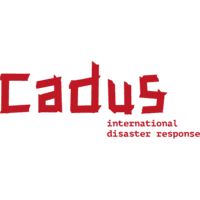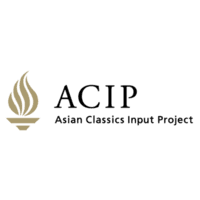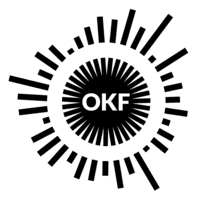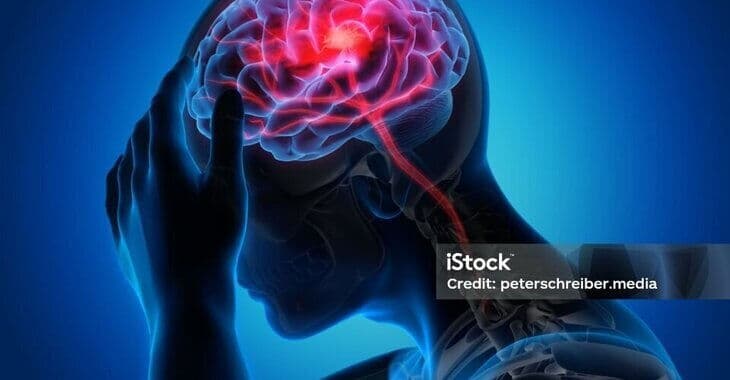
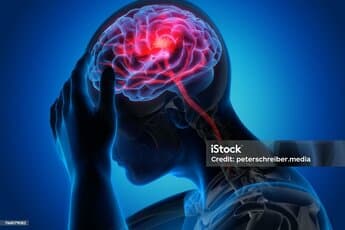
United Nations' Massage Therapists International Federation (UNMTIF)'s fundraising event
N. Kanfiegues Fundraising Event
N. Kanfiegues Fundraising Event
€0
collected
€55,000
our goal
Donations
What’s it about
United Nations' Massage Therapists International Federation
UNMTIF-Ghana
The organisation is Ghana's first chronic diseases rehabilitation with the following prevention and treatments; Physiotherapy, occupational therapy, speech therapy, clinical psychology, nutritional therapy, hydrotherapy, attending Physician. We also provide Training and Education to individuals and also provide food to stroke patients. Noncommunicable diseases strikes every five minutes in Ghana Africa. When stroke strikes, every second counts. But it's not always possible to know how much time has passed since a stroke began .We need your help to stop it devastating lives. These diseases such as stroke research is seriously underfunded. Your donation today could help fund critical research that finds new ways to identify, prevent and treat stroke.
UNMTIF-Ghana
The organisation is Ghana's first chronic diseases rehabilitation with the following prevention and treatments; Physiotherapy, occupational therapy, speech therapy, clinical psychology, nutritional therapy, hydrotherapy, attending Physician. We also provide Training and Education to individuals and also provide food to stroke patients. Noncommunicable diseases strikes every five minutes in Ghana Africa. When stroke strikes, every second counts. But it's not always possible to know how much time has passed since a stroke began .We need your help to stop it devastating lives. These diseases such as stroke research is seriously underfunded. Your donation today could help fund critical research that finds new ways to identify, prevent and treat stroke.
The administration's Approach
Noncommunicable diseases (NCDs) are the leading cause of death in the world but this threat to human health is not felt equally. In communities without access to primary health care services, chronic diseases like stroke, diabetes, hypertension, cancer and asthma threaten livelihoods, overwhelm health systems, and exacerbate poverty. Chronic conditions like heart disease, hypertension, respiratory diseases, and diabetes cause 86% of premature deaths in low- and middle-income countries. Project Always Healthy has worked to address the source of this glaring health inequity for more than 20 years.
Project Always Healthy ’s response to NCDs:
Project Always Healthy ’s response to NCDs:
- Increases the capacity of health workers at all levels through evidence-based education models and innovative online learning tools
- Equips patients with the tools they need to manage their own conditions through evidence-based models like our 5 Steps to Self-Care curriculum
- Engages peers, family members, and communities to encourage healthy lifestyles through health education and community-based screenings
- Coordinates with local governments and partners on new health policies that improve the prevention, detection, management, and treatment of NCDs
- Increases access to essential equipment, medicines, and care as construction massage therapy centers, clinic and hospital to boost chronic diseases treatment and prevention in the Africa communities and scale up to reach people around the world.
The funds donated or raised can be used to:
- Provide stroke survivors funds to cover some of the costs of recovery, through physical, occupational or speech therapy.
- Develop multi-media educational resources to raise awareness about stroke risk, symptoms and prevention.
- Run advertising campaigns with important messages about stroke prevention and symptoms, to further raise awareness of stroke.
- Maintain the operational costs of website hosting and security certificates.
Please help fund life-saving research. Donate today.
Your donations will help to fund vital work – such as research projects, the Stroke Helpline and support groups – and help stroke survivors and their families rebuild their lives. Your data is protected and no information regarding your data or your donation will be shared with any third party.
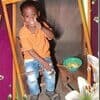
N. Kanfiegue published this fundraising event on 20. Oktober 2024.
Write a messageYou’re supporting these 20 projects:
- EndedMission Tierschutz
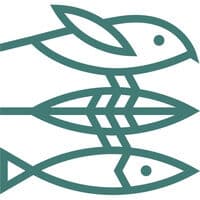
The projects can still be changed by N. Kanfiegue.
News
Identify, prevent and treat stroke

N. Kanfiegue posted this update on October 20, 2024.
The administrations: International Union of Parents and Teachers Association (IUPTA) in collaboration of United Nations' Massage Therapists International Federation (UNMTIF) define the chronic disease like stroke is a leading cause of mortality with a major effect on health-related quality of life (HRQoL). There are no previous studies exploring HRQoL among stroke survivors in Africa, mostly Ghana, despite the increasing public health significance of the disease in this country. Here we describe the profile of and factors associated with HRQoL among stroke survivors in Ghana.
Methods
This is a cross-sectional study involving the nations' stroke survivors and age- and sex-matched, apparently healthy controls. A robust HRQoL questionnaire involving seven domains isused to collect data from the study participants. Clinical epidemiology data were also collected from stroke survivors on parameters such as stroke severity and risk factors. Statistical analyses were performed on the interrelationships among the study variables.
Results
The mean ages of the stroke survivors and healthy controls are 58.0 (standard deviation, 11.4) and 57.6 (standard deviation, 12.0) years, respectively. Fifty-three percent (86) of the stroke survivors had mild stroke and 35.3% (55) had moderate stroke, whereas 12.2% (19) had severe stroke. Ischemic infarction is the prevalent stroke subtype (78.1%). Hypertension is the most common risk factor (89%) among the stroke survivors, followed by diabetes (29%). HRQoL scores ranged from 57.7% (cognitive domain) to 80.0% (spirit domain) for stroke survivors, whereas HRQoL scores of the control group ranged from 65.6% (cognitive domain) to 85.2% (soul domain). For each HRQoL domain, significantly higher scores were observed for the control group compared with the stroke survivors, at P<0.05. Determinants of HRQoL of stroke survivors in multivariate analysis included age, stroke severity, poststroke duration, stroke recurrence, frequency of laughter, and negative emotions.
Conclusion
The most affected HRQoL domains are of the physical, psychoemotional, and cognitive domains. Rehabilitation of stroke patients in this Africa region should include interventions targeted at these domains and modifying the statistical determinants of HRQoL are possible. Keywords: quality of life, stroke, domain, and communities.
We seek the world support to provide Training and Education to individuals and also provide food to stroke patients. Noncommunicable diseases strikes every five minutes in Africa mostly in Ghana. When stroke strikes, every second counts. But it's not always possible to know how much time has passed since a stroke began .We need your help to stop it devastating lives. These diseases such as stroke research is seriously underfunded. Your donation today could help fund critical research and construction massage centers, clinic and hospital that finds new ways to identify, prevent and treat stroke.
Methods
This is a cross-sectional study involving the nations' stroke survivors and age- and sex-matched, apparently healthy controls. A robust HRQoL questionnaire involving seven domains isused to collect data from the study participants. Clinical epidemiology data were also collected from stroke survivors on parameters such as stroke severity and risk factors. Statistical analyses were performed on the interrelationships among the study variables.
Results
The mean ages of the stroke survivors and healthy controls are 58.0 (standard deviation, 11.4) and 57.6 (standard deviation, 12.0) years, respectively. Fifty-three percent (86) of the stroke survivors had mild stroke and 35.3% (55) had moderate stroke, whereas 12.2% (19) had severe stroke. Ischemic infarction is the prevalent stroke subtype (78.1%). Hypertension is the most common risk factor (89%) among the stroke survivors, followed by diabetes (29%). HRQoL scores ranged from 57.7% (cognitive domain) to 80.0% (spirit domain) for stroke survivors, whereas HRQoL scores of the control group ranged from 65.6% (cognitive domain) to 85.2% (soul domain). For each HRQoL domain, significantly higher scores were observed for the control group compared with the stroke survivors, at P<0.05. Determinants of HRQoL of stroke survivors in multivariate analysis included age, stroke severity, poststroke duration, stroke recurrence, frequency of laughter, and negative emotions.
Conclusion
The most affected HRQoL domains are of the physical, psychoemotional, and cognitive domains. Rehabilitation of stroke patients in this Africa region should include interventions targeted at these domains and modifying the statistical determinants of HRQoL are possible. Keywords: quality of life, stroke, domain, and communities.
We seek the world support to provide Training and Education to individuals and also provide food to stroke patients. Noncommunicable diseases strikes every five minutes in Africa mostly in Ghana. When stroke strikes, every second counts. But it's not always possible to know how much time has passed since a stroke began .We need your help to stop it devastating lives. These diseases such as stroke research is seriously underfunded. Your donation today could help fund critical research and construction massage centers, clinic and hospital that finds new ways to identify, prevent and treat stroke.

Donation Overview
In this overview you can see which projects have received how many donations.
€0
were already forwarded to the projects by N. Kanfiegue






